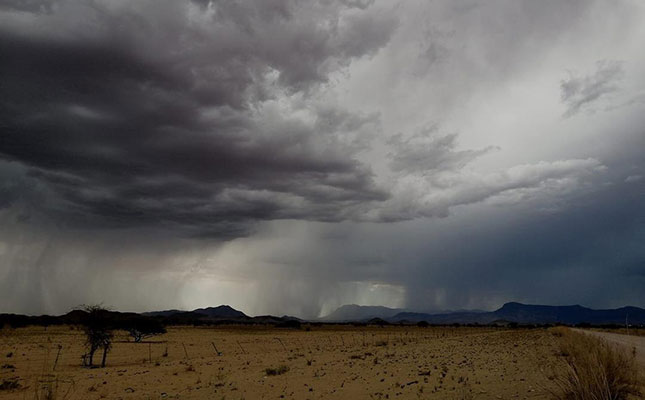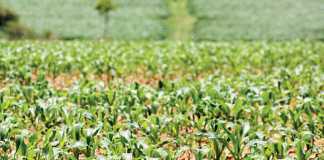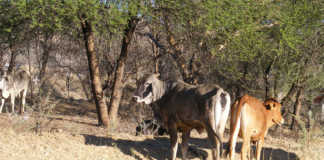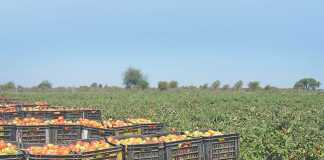
Photo: Cobus Potgieter
Despite reports of good rainfall in the north-eastern parts of Namibia, the drought in that country is still continuing.
This was according to Thinus Pretorius, chairperson of the Namibian Livestock Producers’ Organisation (LPO).
Very little rain had been reported this season to the far north and south of the capital city, Windhoek.
“We need considerably more widespread rain. Because of the drought, the pressure on grazing has been immense. The roots of grazing species have been largely destroyed and much more rain is needed for the seeds that remained in the soil to germinate and grow,” he said.
According to Pretorius, while livestock numbers had been cut to the core, the genetics that remained on the farms were of top quality.
He explained that producers had got rid of all the animals that had not performed optimally in the drought.
“They only retained the best animals to build up herds after the drought is broken,” he added.
Henriette Le Grange, spokesperson for the Namibian Drought Relief Fund, said districts in the far south had received far below average rainfall during the past 10 years.
The Keetmanshoop, Bethanie and Maltahöhe districts, among other regions, had not received any rain so far this season.
Very little, if any, also occurred in the western parts of the country, including the Khomas Hochland, Kamanajab and Khorixas areas.
She added that the need in the agriculture sector was soaring. Although the fund was initially started to provide livestock producers with animal feed, it had since diversified into providing funds for farmers in need to send their children to school and to purchase books, school uniforms and stationery.
“A considerable number of the children would not have been able to return to school in 2020 because of outstanding school fees if we did not render financial support in this regard too. We have also started the funding of basic foodstuffs and household items to [help] cash-strapped producers,” Le Grange explained.













